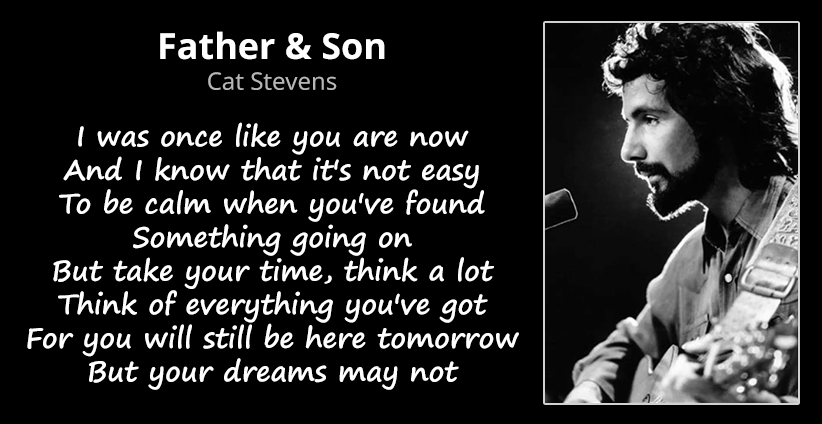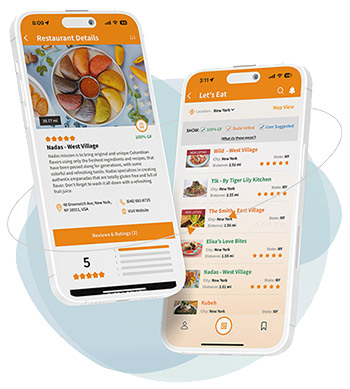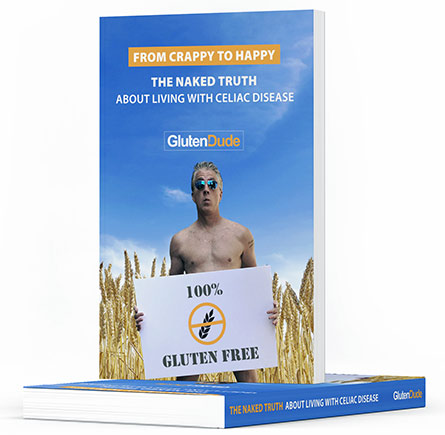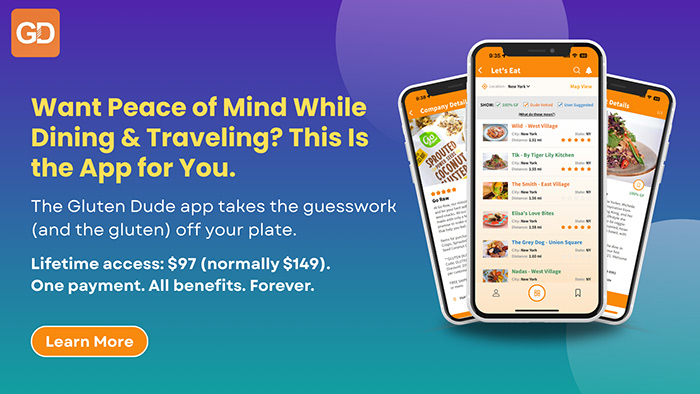I had a unique relationship with my dad. He was my little league coach, my golfing partner, and he called me his little buddy. He was simply a great guy all around. Being the youngest of four boys, I often joke that my parents had already exhausted their parenting skills by the time I came along, secretly hoping for a girl, I’m sure.
As I grew older (let’s not call it maturing, who are we kidding?), I realized that my dad, like all of us, had his demons to battle. Despite his struggles, he always did his best with what he had. Unfortunately, those demons eventually took him away from us when he was only 68.
So here’s to my dad and to all the dads out there who are just doing their best!
Now, onto an email I received from a father concerned about his 25-year-old son, who has had celiac disease since childhood but refuses to take it seriously. Here’s what he wrote:
Dear Gluten Dude,
I’m the father of a 25-year-old son who was diagnosed with celiac disease at the age of six. Since reaching puberty, he’s been neglecting his gluten-free diet, leading to numerous issues with his health and education. He’s been experiencing mental health problems like depression, anxiety, and difficulty concentrating, which I believe could greatly improve if he accepted his celiac disease and followed a gluten-free diet.
In my efforts to help him, I gave him your book a few years ago, thinking it might resonate with him. Unfortunately, he never read it, which I deeply regret.
He’s resistant to discussing the matter, and in our latest conversation, he even suggested that his abdominal issues might not be related to celiac disease because he experienced discomfort while attempting a gluten-free diet a couple of years ago. However, it’s important to note that at the age of six, he tested positive for celiac disease and had complete villous atrophy.
As parents, we’re at a loss, and even his friends are concerned about his well-being, especially after a recent breakup. It’s challenging to help someone who seems unwilling to acknowledge their situation.
Do you have any advice that could help us make a breakthrough?
It’s a tough situation, and there’s an old saying that comes to mind: “You can lead a horse to water, but you can’t make him drink.” In other words, you’ve provided your son with all the information and support he needs, but ultimately, it’s up to him to take action.
I can’t imagine what your son is going through, both physically and mentally. Celiac disease affects every aspect of his health, and the longer he continues to consume gluten, the worse his condition will become. While I can’t say for certain why he experienced discomfort while attempting a gluten-free diet, it’s possible that his body was still adjusting or that he wasn’t strictly adhering to the diet.
Healing from celiac disease takes time and dedication. In my own experience, it took years of committing to a strict gluten-free lifestyle before I began to see improvements in my health.
You’re clearly a caring and devoted father, and your son is fortunate to have you in his corner. However, if he continues to consume gluten, his luck may eventually run out.







FODMAPs are a thing too. When I get glutened, I can’t eat FODMAPs for a while. At first it was for around a month or two, now it’s down to a week or two. So the choice of foods while gluten free may be increasing FODMAPs inadvertently. He could also try a hypoallergenic elimination diet and add foods back one at a time, every 5 days to find culprits. Those culprits won’t always be allergenic to him. Some of them may be temporarily a problem because of his damaged gut. Elimination dieting is helpful but you can get obsessed over it. It’s probably mentally healthier to start with low FODMAPs. A list of low FODMAP foods can be had for free from Monash University’s website, don’t pay for expensive books. The biggest heartbreak is not having any onions or garlic, for me.
See if he wants to make an energy bar for himself, at home, from food he loves, or a simple pemican with ground jerky and bacon fat. If it’s delicious, it can keep him from eating risky foods.
He’s lucky, he knows what the problem is. I didn’t know for over ten years.